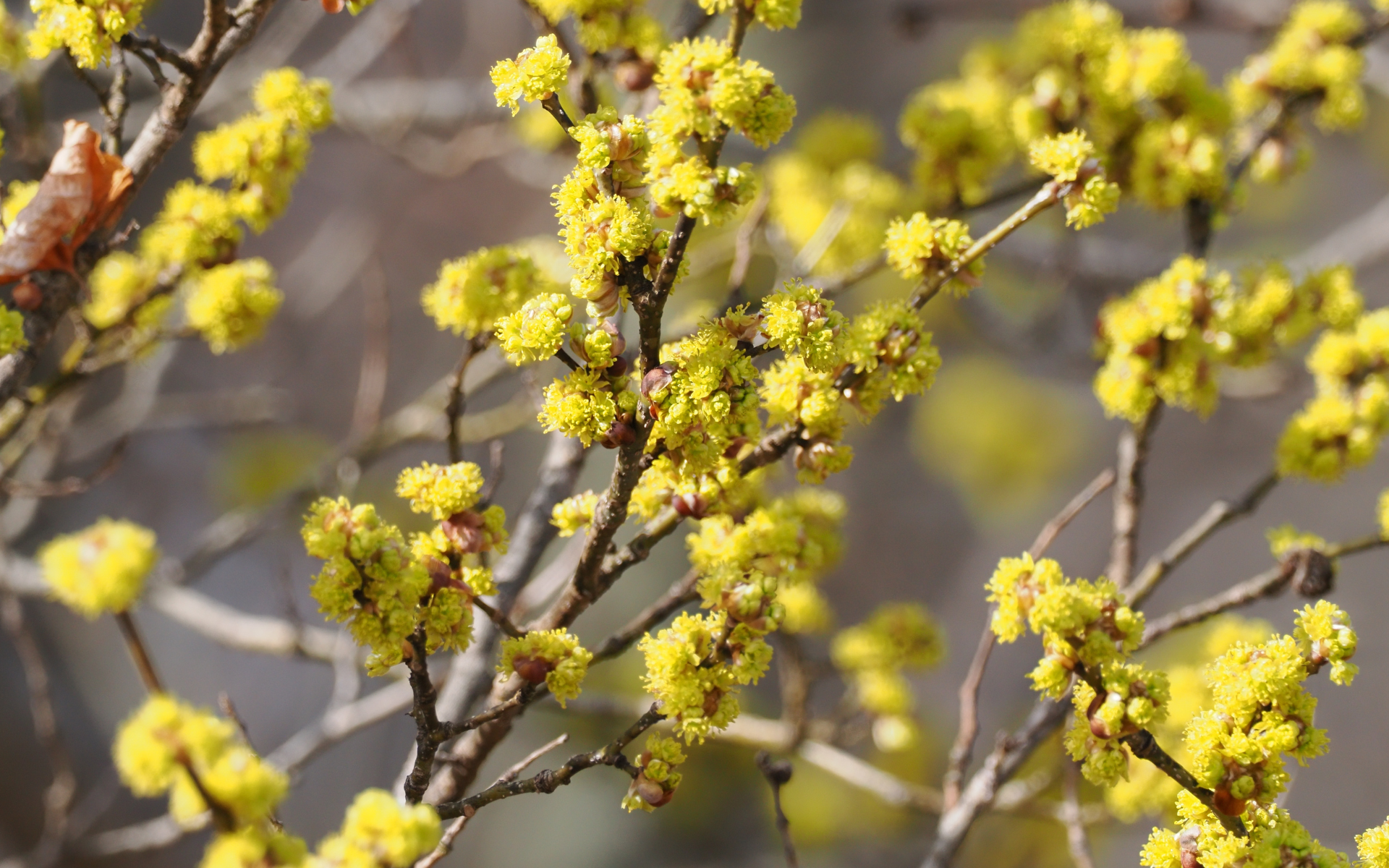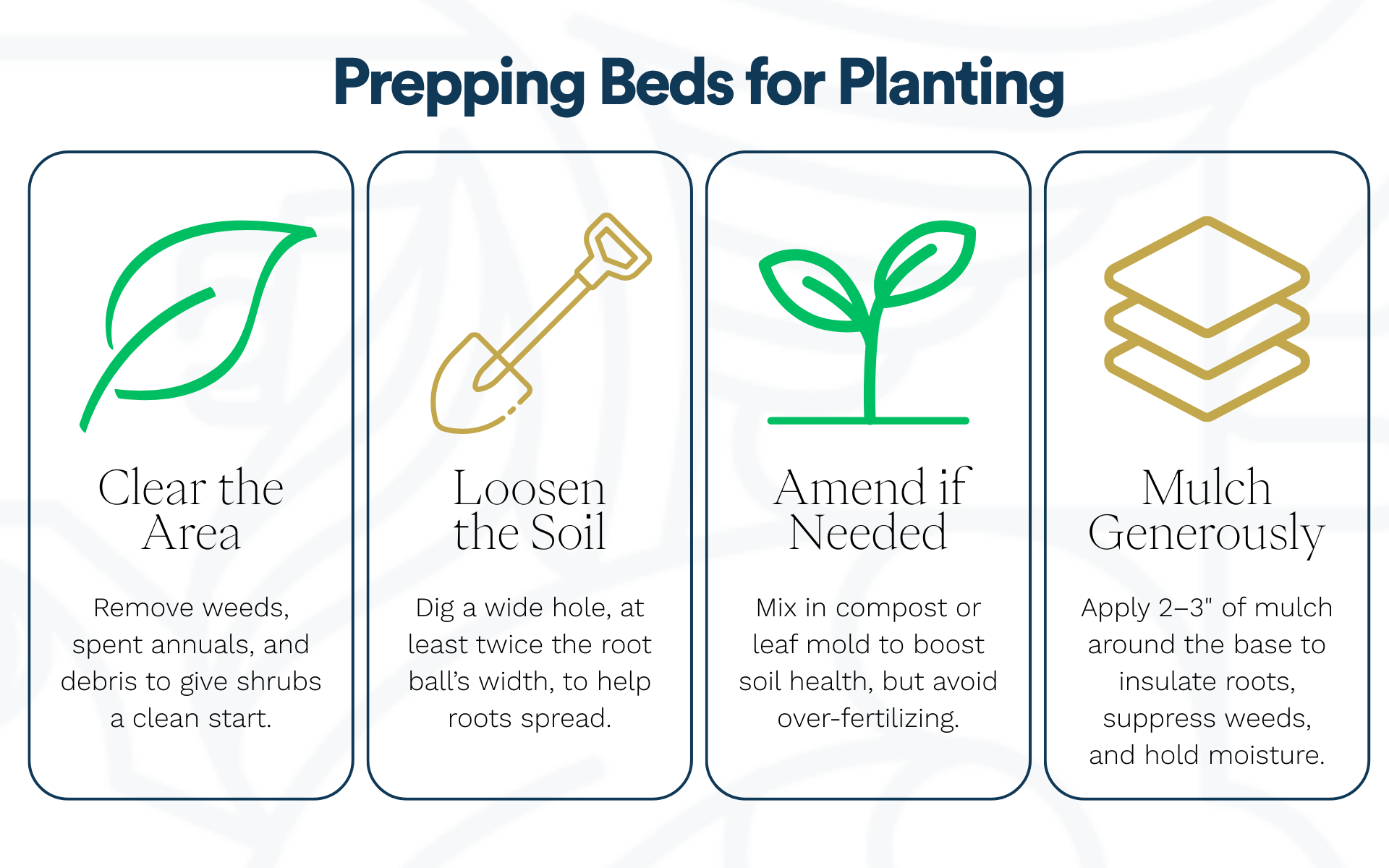Fall Is the Perfect Time to Plant Shrubs in St. Louis
As the days shorten and temperatures cool, many gardeners hang up their gloves for the season. But in St. Louis (Zone 6), autumn is actually the ideal time to plant shrubs—especially natives. The soil is still warm enough to encourage root growth, while cooler air temperatures reduce stress on new plants. By getting shrubs in the ground now, you give them a head start before winter and a strong foundation for thriving next spring.
Why Choose Native Shrubs?
Native plants are adapted to local conditions, which means they require less water, fertilizer, and fuss. They also support pollinators and wildlife—an added bonus for creating a vibrant, sustainable landscape. A few excellent choices for Zone 6 include:
- Ninebark – tough, fast-growing, with beautiful peeling bark.
- Spicebush – fragrant, with yellow spring blooms and berries for birds.
- New Jersey Tea – a compact shrub that attracts butterflies.
- Wild Hydrangea – showy blooms that brighten shaded spots.

Prepping Beds for Planting
Before you plant, take a little time to prepare:
- Clear the area – remove weeds, spent annuals, and debris.
- Loosen the soil – dig a wide hole (at least twice the root ball’s width) to help roots spread.
- Amend if needed – mix in compost or leaf mold to boost soil health, but avoid over-fertilizing.
- Mulch generously – apply 2–3 inches of mulch around the base to insulate roots, suppress weeds, and hold moisture.

Prepping Beds for Winter
Even if you’re not planting this fall, you can still set yourself up for success next year:
- Mulch bare beds with shredded leaves, straw, or bark to protect soil structure from freeze-thaw cycles.
- Cut back invasive or diseased growth, but leave seed heads on natives like coneflowers or black-eyed Susans for winter interest and food for birds.
- Water deeply before the ground freezes to prevent winter drought stress, especially for evergreens.
Final Thought
Whether you’re tucking in a few new native shrubs or simply prepping your beds for winter, fall is a season of opportunity in the garden. A little work now pays off with healthier soil, stronger plants, and a landscape that wakes up beautifully in spring.



